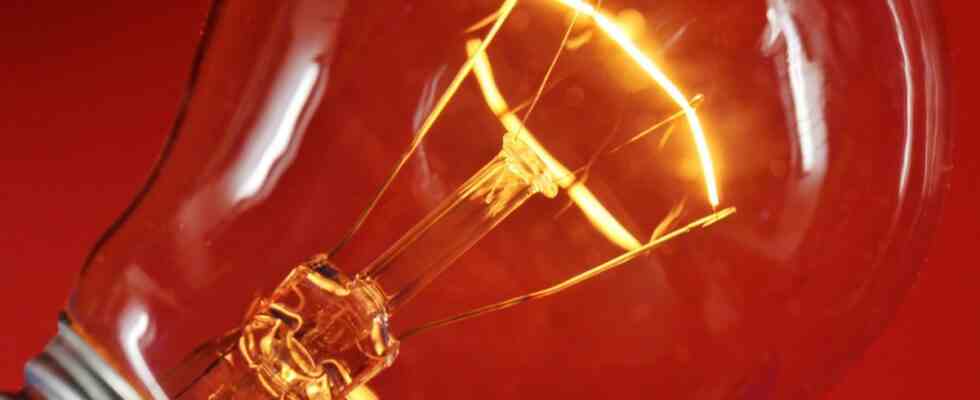Trouble like the one about the EU ban on light bulbs could be repeated more frequently in the future: the Commission set such strict minimum requirements for energy efficiency that classic bulbs have not been allowed to be sold since 2012. Many citizens were angry and upset about the interference from Brussels. basis was the Ecodesign Directive; it allows the authority to prescribe product standards for climate and environmental protection. In the future, this controversial right will apply to many more goods.
A corresponding regulation will be made by Commission Vice-President Frans Timmermans on Wednesday suggest. So far, the EU legal act only affects products that consume energy themselves or have a major impact on consumption: light bulbs or washing machines, windows or – because of the hot water consumption – shower heads. The amendment would expand the scope of application to almost all goods that are offered in the EU. This emerges from a draft, which the Süddeutsche Zeitung present. Only food, animal feed and medicinal products are mentioned as exceptions.
The Brussels authority could then set minimum ecological standards for clothing and furniture, for example. In addition to energy and raw material consumption, the draft law mentions durability, freedom from harmful substances, environmentally and climate-friendly production, the amount of packaging waste and the question of how easy goods are to repair and recycle as aspects. The Commission would adopt the requirements for individual goods as so-called delegated acts. The European Parliament and the Council of Ministers, the body of the member states, can object to these, but the hurdles are high. And anything that no longer meets the standards can no longer be sold in the EU.
The ambitious draft law is intended to help the EU achieve its climate and environmental protection goals, which are set out in the so-called European Green Deal are formulated. According to estimates, the minimum standards from the existing, more narrowly defined directive have reduced the EU’s emissions of greenhouse gases by seven percent in 2020. After the presentation on Wednesday, however, the European Parliament and the Council of Ministers must first deal with the proposed regulation. The parliamentary majority spoke a year ago in a list of requirements “strongly” for such an extension of the scope. In this respect, the draft should be met with goodwill.
Von der Leyen operates a “planned economy,” complains a party friend
But there are also critical voices: “The European Commission is making a mistake with its approach of wanting to regulate every single product,” warns CSU MEP Markus Ferber. With this “bureaucratic nightmare” the authority of his party friend Ursula von der Leyen is “finally taking the step from a market economy to a planned economy,” complains the economic policy spokesman for the Christian Democratic EPP group.
The Brussels Organization Ecos, which is committed to environmentally friendly product standards in the EU, welcomes the tightening. However, Ecos expert Rita Tedesco warns that the responsible departments of the Commission are already understaffed – one reason for “the worrying delays” in setting minimum requirements. If the authority has to devote itself to many more goods in the future, it will be even more important to increase the number of staff, says the eco-lobbyist.
The draft law also provides for the introduction of digital product passports: repair and recycling companies, supervisory authorities or interested consumers should be able to easily access all important data about a product on the Internet, including information on the suppliers. This could work, for example, using a QR code on the table or the clothing tag.
The regulation also addresses the problem that companies sometimes burn or otherwise destroy unsold or returned goods. Here, for example, the cheap fashion chain H&M was criticized. In the future, corporations should provide information freely accessible on the Internet about how much of which products they destroyed – and why. Only medium-sized companies should be spared from this obligation. The Commission hopes that this pressure to pillory oneself will act as a deterrent. If that doesn’t help, the draft law also allows the commission to ban the destruction of unsold goods. After all: Such a ban should be more popular with the citizens than the lightbulb ban.

